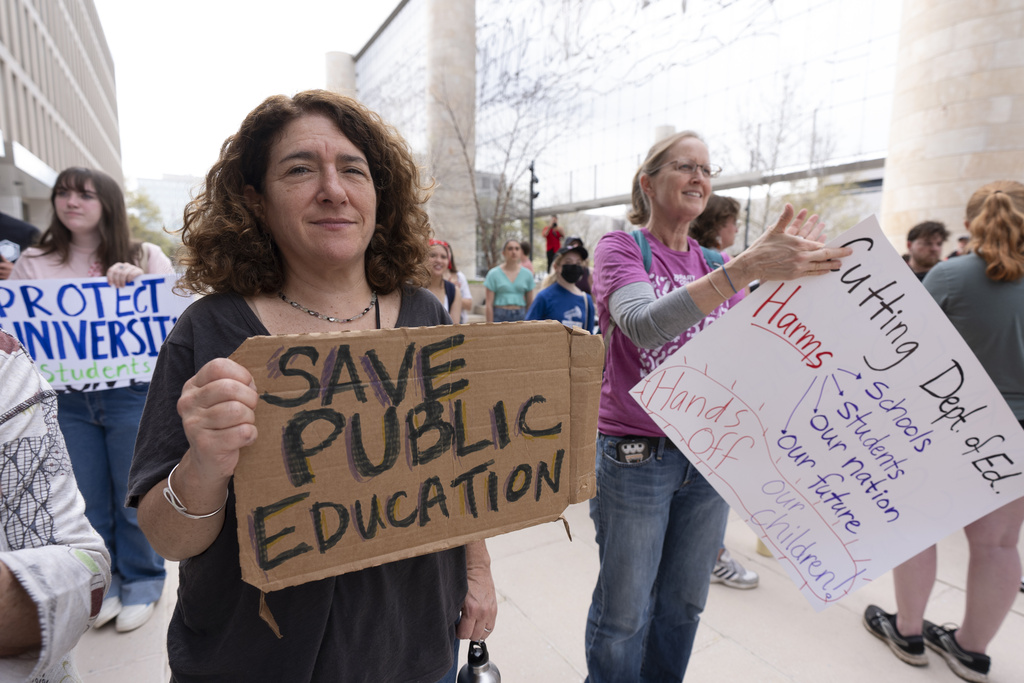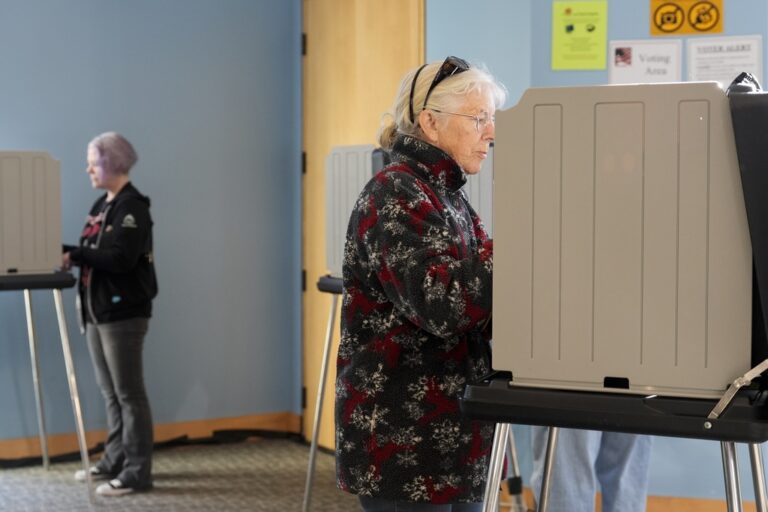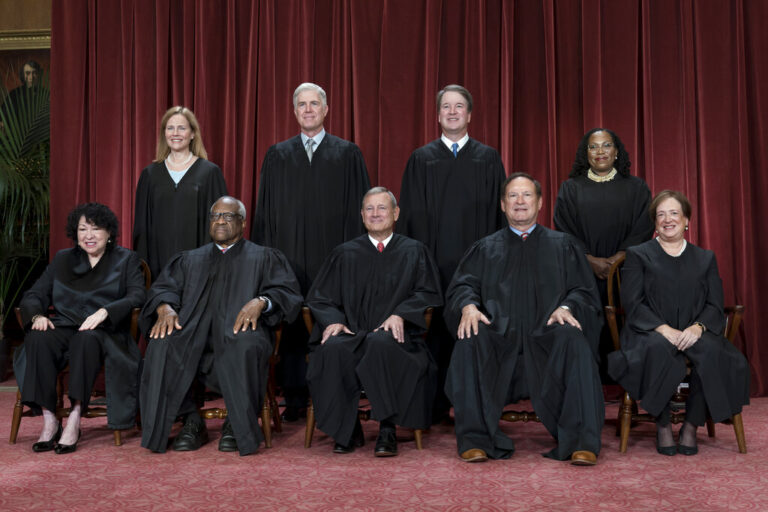
When a government starts to freeze education funding, it’s not just cutting dollars — it’s cutting its citizens’ futures. On Friday, March 28, the Supreme Court sided with the Trump administration in permitting the Department of Education to freeze Diversity, Equity, and Inclusion initiatives and related grants. In a letter to state leaders, the Department warned that Title I funding, the backbone of schools with high amounts of low-income students, is at risk if states fail to comply with its interpretation of civil rights law.
The Department of Education asserted that any violation of civil rights law “including the use of Diversity, Equity, and Inclusion programs to advantage one’s race over another — is impermissible.” What the Trump administration is promoting as a mere policy change is, in fact, a direct threat to the promise of equity in the United States — the deterioration of the American Dream. It undermines the exact foundation that draws families to the United States: the desire for a better future for their children through education.
Freezing of the D.E.I. and Title I grants will deepen the educational divide in America. Title I was designed to help level the playing field for low-income students, many of whom are already navigating systemic challenges beyond the classroom. Congress established the program to channel federal funding to K-12 schools in economically disadvantaged areas, and in the current fiscal year alone, the Department of Education allocated over $18.38 billion to it.
It has long enjoyed bipartisan support. Nearly 90 percent of U.S. school districts benefit from the program, which has historically enjoyed bipartisan support among lawmakers. The funding has been used for everything from special education support to literacy programs and school counselors. California Superintendent Peter Livingston says, “If the money were to be threatened, that would have a huge impact.” He further presents that about 90 percent of his district’s students are considered economically disadvantaged. Thus, the majority of the schools in the district rely on Title I to stay afloat. Without Title I, many schools will be forced to dismantle critical services that students rely on, including after-school tutoring, mental health care, and college prep programs. This will be a drastic shock for schools already operating on the margins.
This reckless move doesn’t just threaten student outcomes — it undermines the very promise of equal opportunity in America. In an interview, Amy Price Azano of Virginia Tech’s Center for Rural Education highlighted: “We work with school districts that have 10 people in a graduating class. So when you’re talking about enough money to get the one student who needed a paraprofessional to walk across that stage.” When you force schools to do more with less, students pay the price, and the achievement gap widens. Freezing these grants not only abandons our most vulnerable learners but also sends a message: equity is optional, and some futures matter less than others.
Supporters of the Trump administration’s move argue that D.E.I. programs can promote preferential treatment based on race, potentially violating the principles of equal treatment under the law. They believe that government funding should not support programs that categorize or prioritize students by identity but instead should focus on merit and neutrality. While equity is a construct that may not be attainable in our imperfect society, we must strive to get as close to it as possible by ensuring that everyone, regardless of race, ethnicity, gender, socioeconomic status, etc, has a fair chance to succeed.
While concerns about fairness are valid, they overlook that equality and equity are not the same. Treating unequal situations with equal solutions only reinforces the status quo. Labeling the ignorance of race, class, and structural barriers in policy decisions as “neutral” is negligent. Elimination of the D.E.I. risks regressing to a world where uniformity is the default, and there is no space for nuance or lived experience. In such a system, those born with privilege will not be distinguished from those with drive, ambition, and competence. Many students face disadvantages because of their backgrounds, however, that should not be the reason they are held back from gaining a quality education and potentially achieving greatness. If we conflate privilege with aptitude and refuse to meaningfully address inequality in education, we’re failing our students and wasting our collective potential.
If we continue down a path where equity in education is seen as expendable, we risk betraying the ideals that define the American promise. Freezing D.E.I. and Title I funding is a step backward in a nation that claims to stand for opportunity and justice for all. Every student deserves a fair chance, regardless of zip code, race, or income. Undermining the systems that protect and empower our most vulnerable students doesn’t make us stronger; it fractures our future. At a time when the country should be working to close opportunity gaps, we are instead silently watching them widen.
The Zeitgeist aims to publish ideas worth discussing. The views presented are solely those of the writer and do not necessarily reflect the views of the editorial board.



